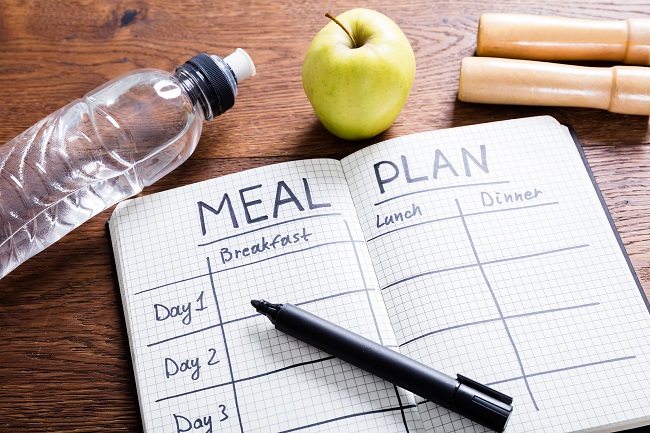If you have diabetes, you might have been subject to a ripple of recommendations that are hinged on keeping off the carbs. But carbohydrates are those nutrients that make sugar levels go awry when it floods your body. Scorch it, and you’ll be left feeling extremely fatigued. In essence, you need them, but in controlled portions.
Carbohydrate Counting
From a range of meal planning options that are available for people with diabetes, one that is widely held is keeping a tab on carbs. More so, if there is insulin-dependency. Carbohydrates have a way of affecting the blood sugar levels way more than proteins and fats do. To have a tighter grip on the body’s glucose, matching the medication or insulin dose with intake of carbohydrates is essential.
How, you ask? Here is some 101 on mastering carb count.
- Put a meal plan in place with your diabetes doctor. It will help with determining your carbohydrate goal.
- Go back to your meal plan and add up the portions or number of grams of carbs for each meal. Compare it with your carbohydrate allotment and then adjust your food intake. Eating a consistent amount of carbs at each snack or meal is essential and so is eating at the same time every day, and once every 3-4 hours to keep the levels of blood sugar even.
- Take a closer look at your food to understand what contains carbohydrate. It is common knowledge that starchy foods such as pasta, bread, and cereal contain carbs. But milk and fruit can have carbs too. You can count them in two ways, grams or portions. One carbohydrate portion equals 10g of carbs. So how do you go about counting them? Flip over your packaged food and refer to the nutrition label. Get your hands on a food count book or a reference list. They carry references of carb counts in handy measures such as “1 medium apple” or “1 bowl of cereal.”
- Use a food scale or measuring cups to control portions with precision.
The carbs you need will depend on your age and the amount of activity you get in a day along with your weight. It will take a couple of days and constant tracking to understand what works best for you. It is also important to remember that all carbohydrates were not created equal. There might be cases where your carb intake is on point but what you ingest is not. For instance, fresh fruit is a lot more nutritious than canned fruit even when the amount is intact. So, while you’re watching out for the carbs, doing it smart can better your overall health.















